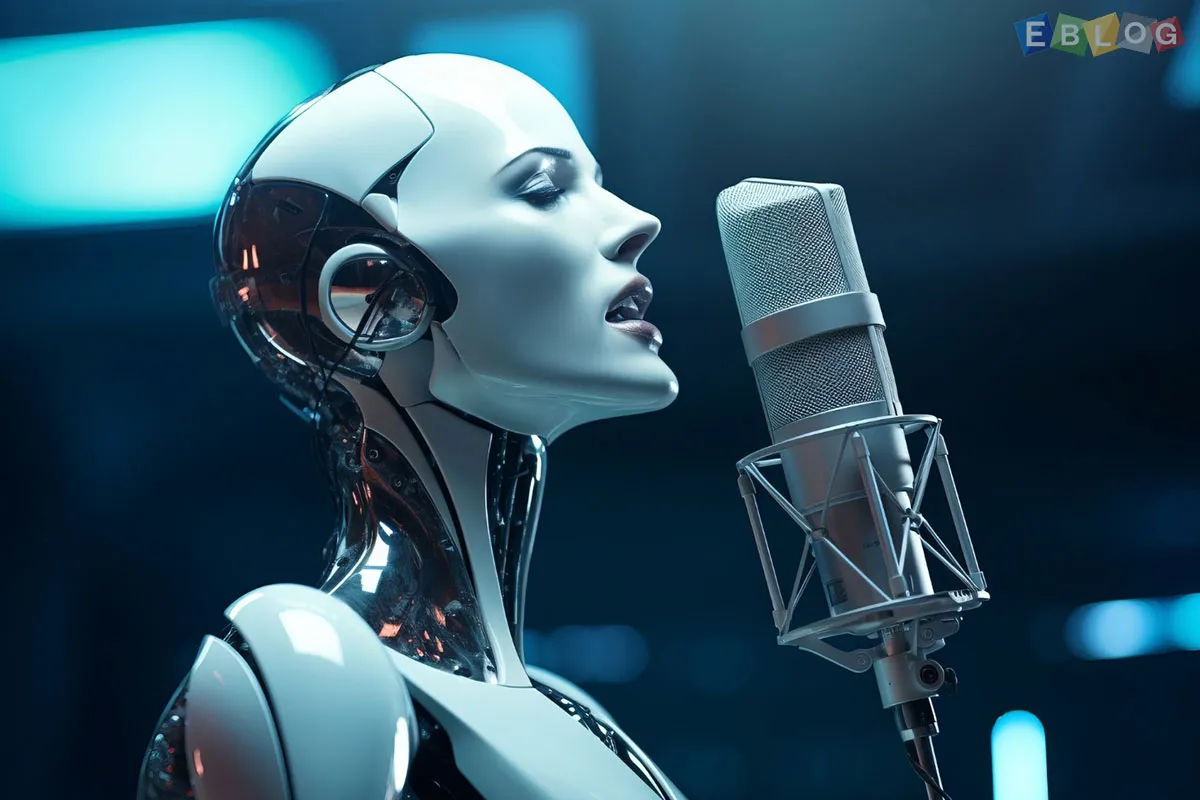
The Future of Jobs in the Age of Automation
In the age of rapid technological advancement, automation is transforming the global workforce. From self-driving cars to intelligent chatbots, machines are increasingly performing tasks once done exclusively by humans. While this raises concerns about job loss, it also opens the door to exciting new opportunities. So what does the future hold for jobs in an automated world?
1. The Rise of Automation
Automation isn't new. It began with the Industrial Revolution, but the current wave—driven by AI, machine learning, robotics, and data analytics—is far more powerful and far-reaching. Tasks that involve data processing, routine decision-making, and even some creative work are now within the scope of automation.
According to a McKinsey report, up to 30% of the world's current jobs could be automated by the mid-2030s. Roles in transportation, manufacturing, customer service, and administrative support are particularly susceptible.
2. Jobs at Risk – and Jobs on the Rise
Some jobs will indeed disappear, but history shows that technological revolutions also create new roles. For example:
a. Jobs at High Risk:
b. Data entry clerks
c. Telemarketers
d. Cashiers
e. Drivers (with the rise of autonomous vehicles)
3. Jobs on the Rise:
a. AI and machine learning specialists
b. Robotics engineers
c. Data analysts and scientists
d. Cybersecurity experts
e. Digital content creators
f. Healthcare and social assistance roles
These roles require a mix of technical skills, emotional intelligence, and critical thinking—traits that are hard for machines to replicate.
4. Human Skills in an Automated World
As automation takes over repetitive tasks, human-centric skills will become even more valuable. Creativity, empathy, communication, and adaptability will differentiate people from machines. The future workforce will thrive by blending technical know-how with human insight.
In short: It’s not just about competing with machines—it’s about working alongside them.
5. Lifelong Learning is the Key
To prepare for the future, individuals and organizations must invest in reskilling and upskilling. Lifelong learning will be a non-negotiable part of every career. Online courses, bootcamps, and corporate training programs are already helping workers transition into new roles.
Governments and companies must also step in to create policies and systems that support these transitions—because automation, if managed responsibly, can enhance human potential rather than limit it.
6. Embracing the Shift
Rather than fearing automation, we should embrace its potential to eliminate mundane tasks and allow humans to focus on meaningful, high-value work. Imagine teachers spending more time mentoring students instead of grading papers, or doctors focusing more on patient care than paperwork—this is the real promise of automation.
7. Conclusion
The future of jobs in the age of automation is not about fewer jobs—it’s about different jobs. It's about a shift in mindset, skills, and strategies. By preparing today, we can build a future where humans and machines work together to create a more productive and innovative world.







Leave a Reply